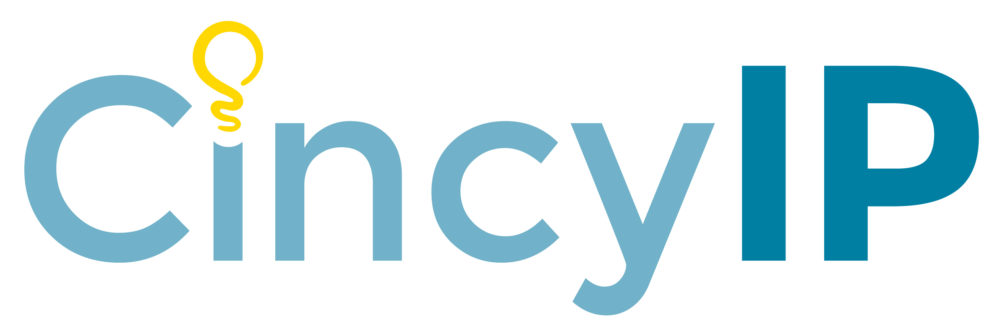Matthew Molloy and John Luken of Dinsmore & Shohl will lead July’s discussion on Supreme Court and Federal Court cases decided and pending in 2017 and 2018 that will significantly impact IP practice for litigators and prosecutors alike. Malloy and Luken will highlight the impact of Oil States Energy Services, LLC v. Greene’s Energy Group, LLC; SAS Institute, Inc. v. Iancu; Aqua Products v. Matal; and Wifi v. Broadcom, among others.
REGISTER HERE by July 5th at noon.
*This month’s meeting will be held at the Hampton Inn & Suites downtown, which is on Vine Street around the corner from The Cincinnatian.
About the Speakers:
Mr. Molloy is admitted to practice before the USPTO and has extensive experience in the preparation and prosecution of patents in the U.S. and abroad. He brings expertise in managing international patent portfolios, rendering patent opinions, and negotiating and drafting IP license agreements.
Mr. Luken focuses his practice on patent infringement litigation and appeals, as well as complex commercial and other intellectual property litigation. He has handled patent infringement cases involving a variety of services and products, from software to beverage cans and retail security products.

